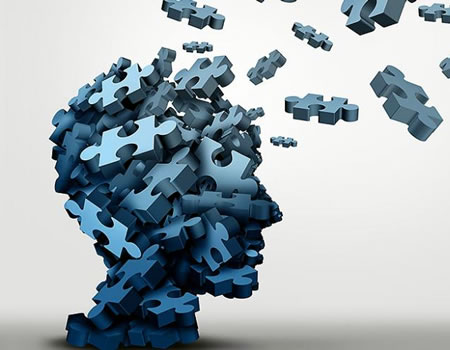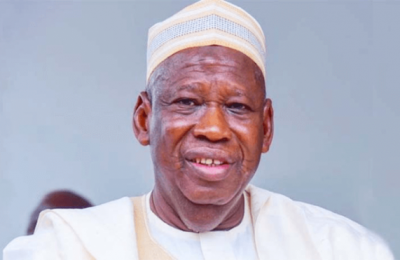
The Institute for Medical Research and Training (IAMRAT) at the College of Medicine, University of Ibadan (CoMUI) has acquired new equipment for DNA extraction in its bid to understand the genetic basis of dementia in Africans.
Professor Rufus Akinyemi, the head of the Neuroscience and Ageing Research Unit (NARU) at IAMRAT and the lead principal investigator for all African sites on the READD-ADSP Study, speaking at the unveiling of the equipment, said DNA samples extracted from the whole blood of individuals with dementia across Africa are to be analysed to identify the genes that are associated with the disease in Africans.

According to him, the equipment with funds from the U.S. National Institute of Ageing through the READD-ADSP study is to support the current largest African study on dementia involving 9 African countries and 26 institutions.
He added that the African arm of the study is being led by researchers from the University of Ibadan with a focus on unravelling the genetic architecture of Alzheimer’s disease in Africans. It is being implemented in partnership with researchers from the John P. Hussman Institute for Human Genomics, Miller School of Medicine, University of Miami, USA.
Other institutions involved in Nigeria include the University of Lagos, Ahmadu Bello University in Zaria, the University of Port Harcourt, the Federal Medical Centres at Ido Ekiti and Abeokuta, the University of Jos Teaching Hospital, and Nnamdi Azikwe Teaching Hospital, Awka, Anambra State.
Akinyemi declared, “Our laboratory is the first to receive this kind of high-tech automated DNA extraction equipment, as far as we know, among public higher institutions in this environment.”.
“The equipment helps to reduce human error. It also reduces the risk of contamination and increases the efficiency of our work. We are able to run a larger number of samples per unit time, which is apt because the unit has to carry out extraction for 26 centres across the continent. That’s why we needed the equipment—to enhance the efficiency of our work.”
“In the past, we have led the largest study of stroke in Africa. Currently, we are also leading the largest study of dementia on the continent. As you know, these conditions are associated with ageing. That means as people get older, the risk of developing these age-related brain conditions is higher.”
The UI’s Vice Chancellor, Professor Kayode Adebowale, who was represented by the Dean of the Faculty of Arts at the university, Professor Oluwole Oyetade, stated that the acquisition of facilities such as this automated DNA extractor puts the university on a high pedestal, thus maintaining its position as the first and best in the country.
He stated that the facility will showcase the research and science capabilities of the University of Ibadan, even as it will support research efforts to unravel the science of Alzheimer’s disease and other diseases.
Provost of the College of Medicine, Professor Olayinka Omigbodun, declared in her remark that the college is open to collaborative studies and urged for increased synergies among the different researchers and laboratories in the college for research and training.
Earlier, the Director of IMRAT, Professor Ikeoluwa Ajayi, stated that the equipment as an addition to the laboratory internationally acclaimed for stroke and now dementia at the Institute for Advanced Medical Research is a very welcome development at the institute also a centre for excellence in the study of other diseases like malaria, hypertension, and diabetes, as well as phytomedicine in Nigeria.







